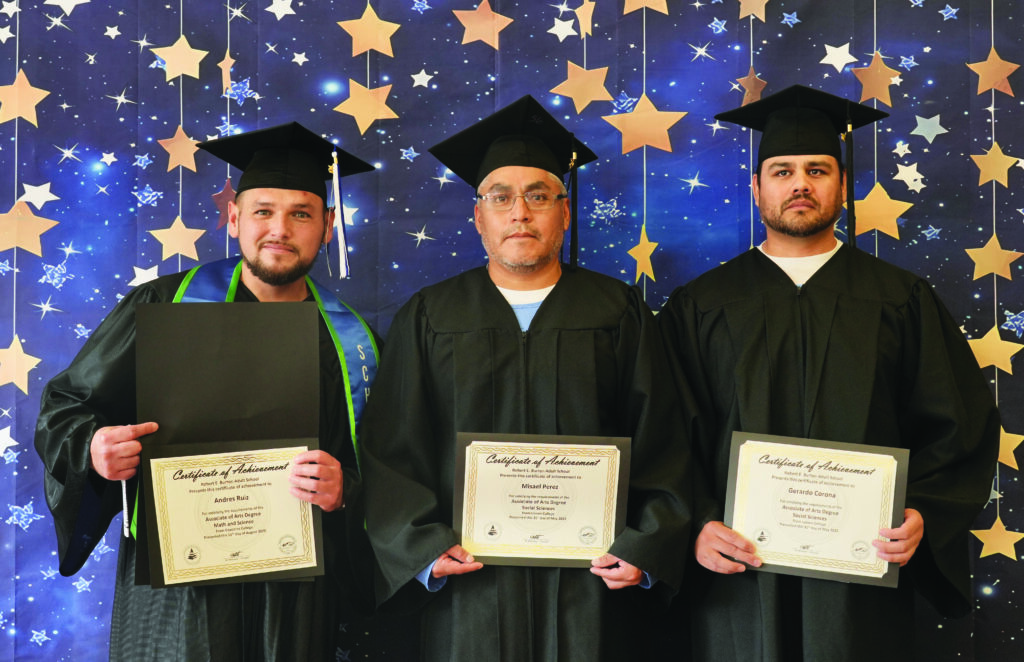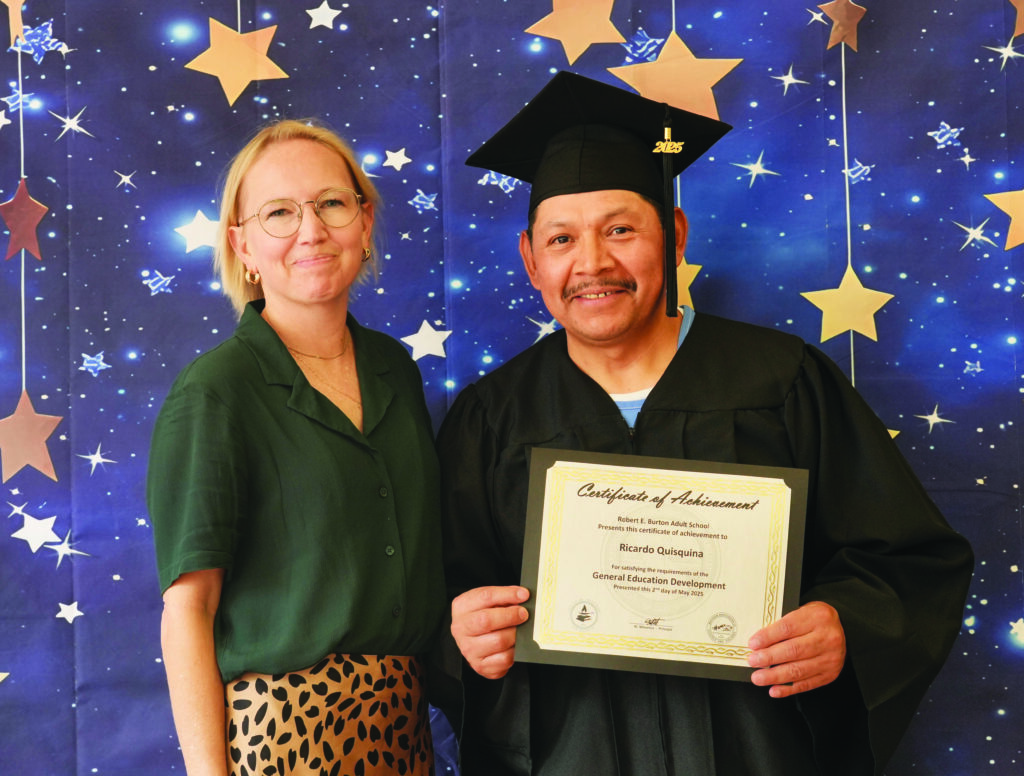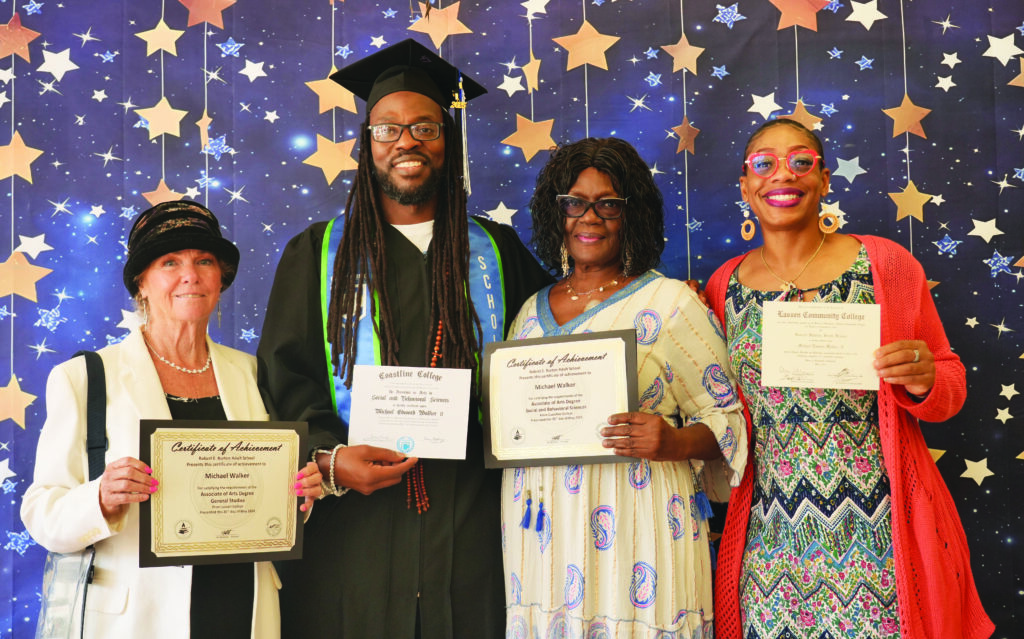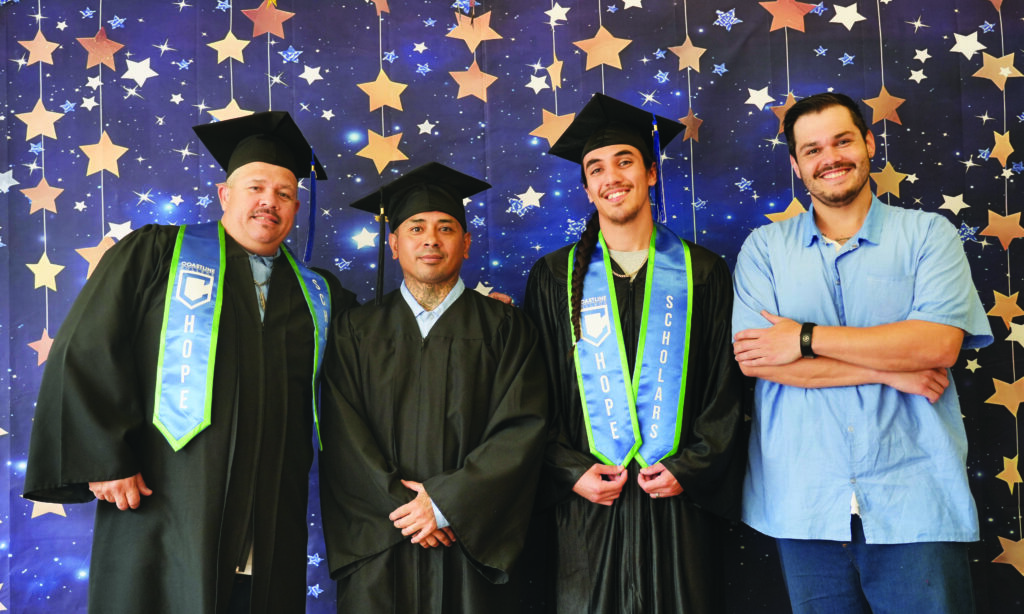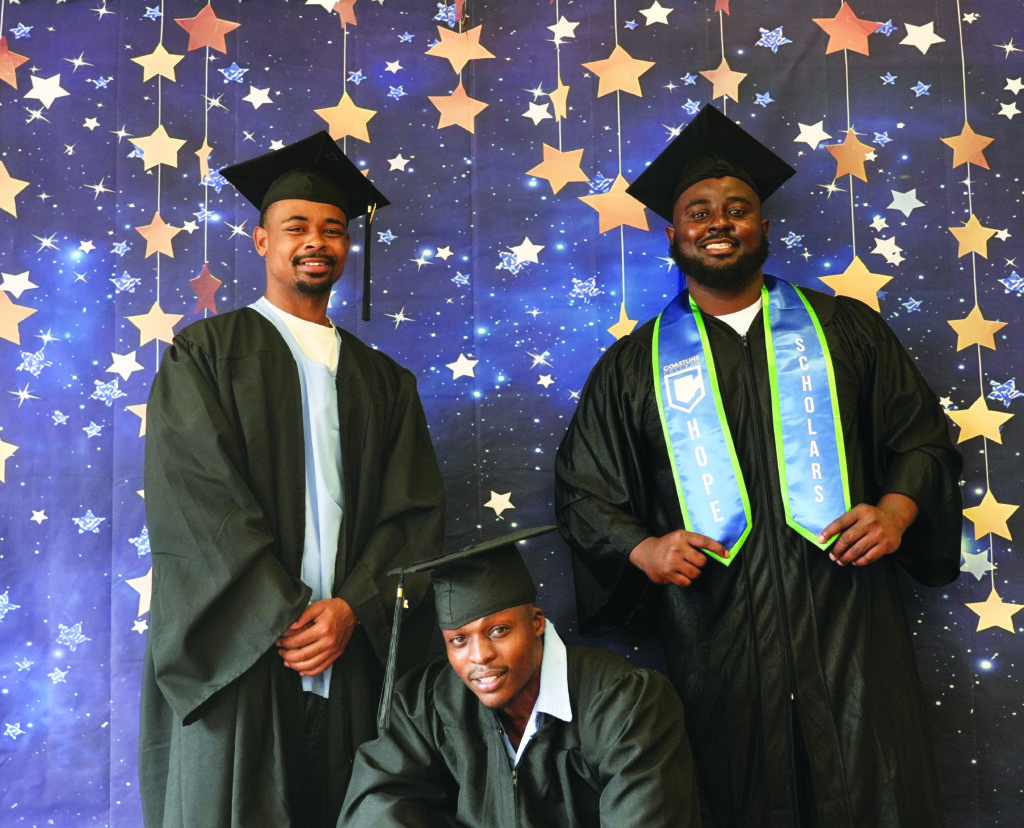San Quentin celebrates over 138 graduates of educational and vocation programming
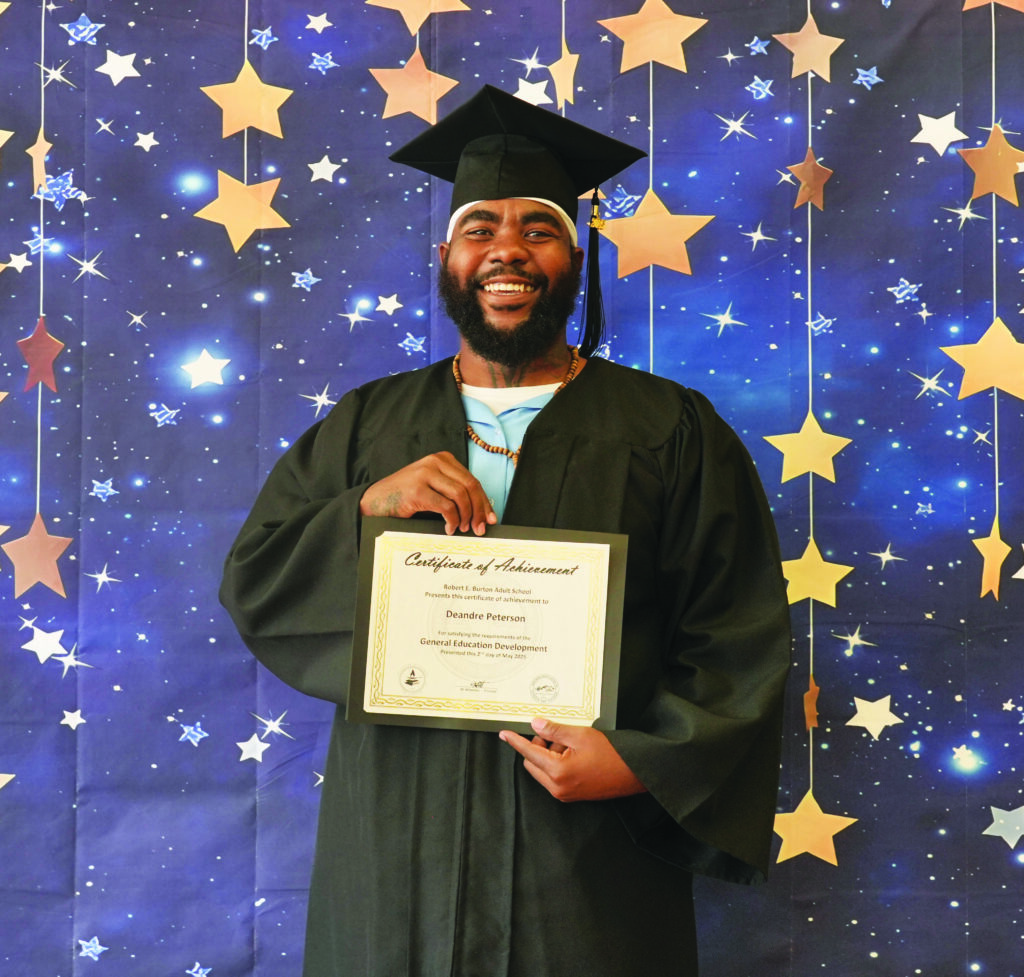
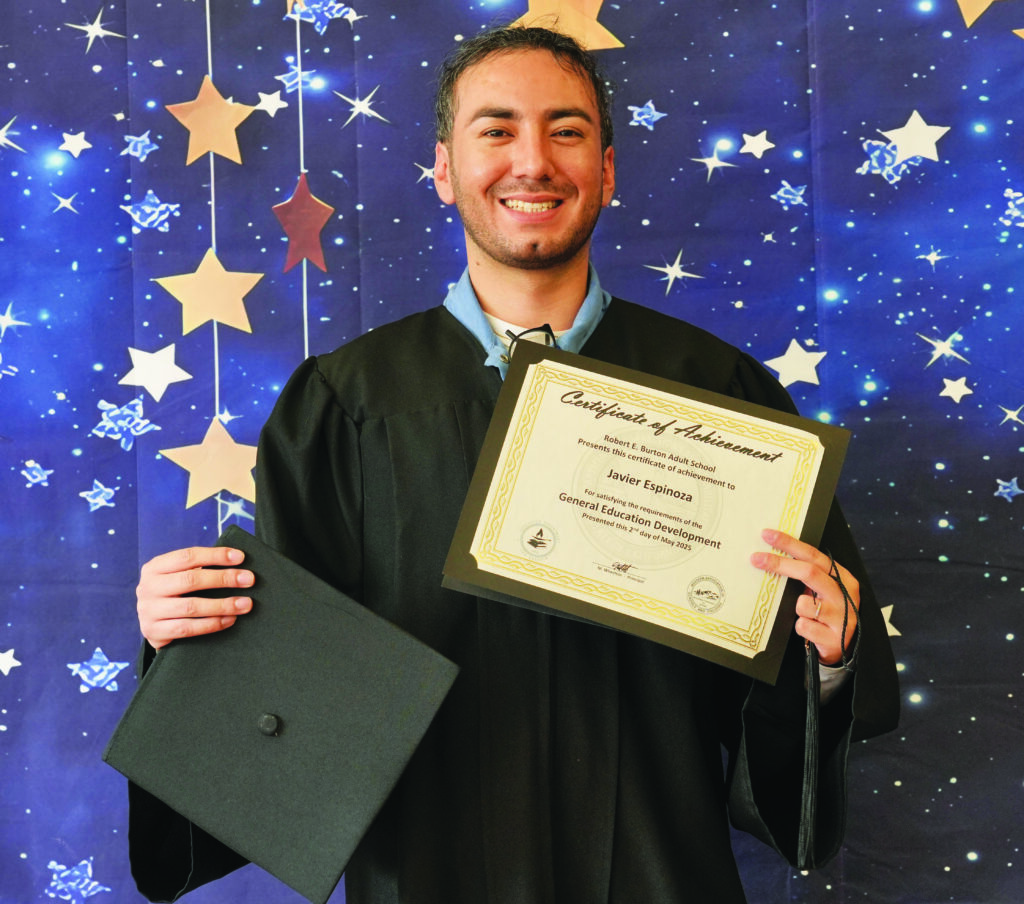
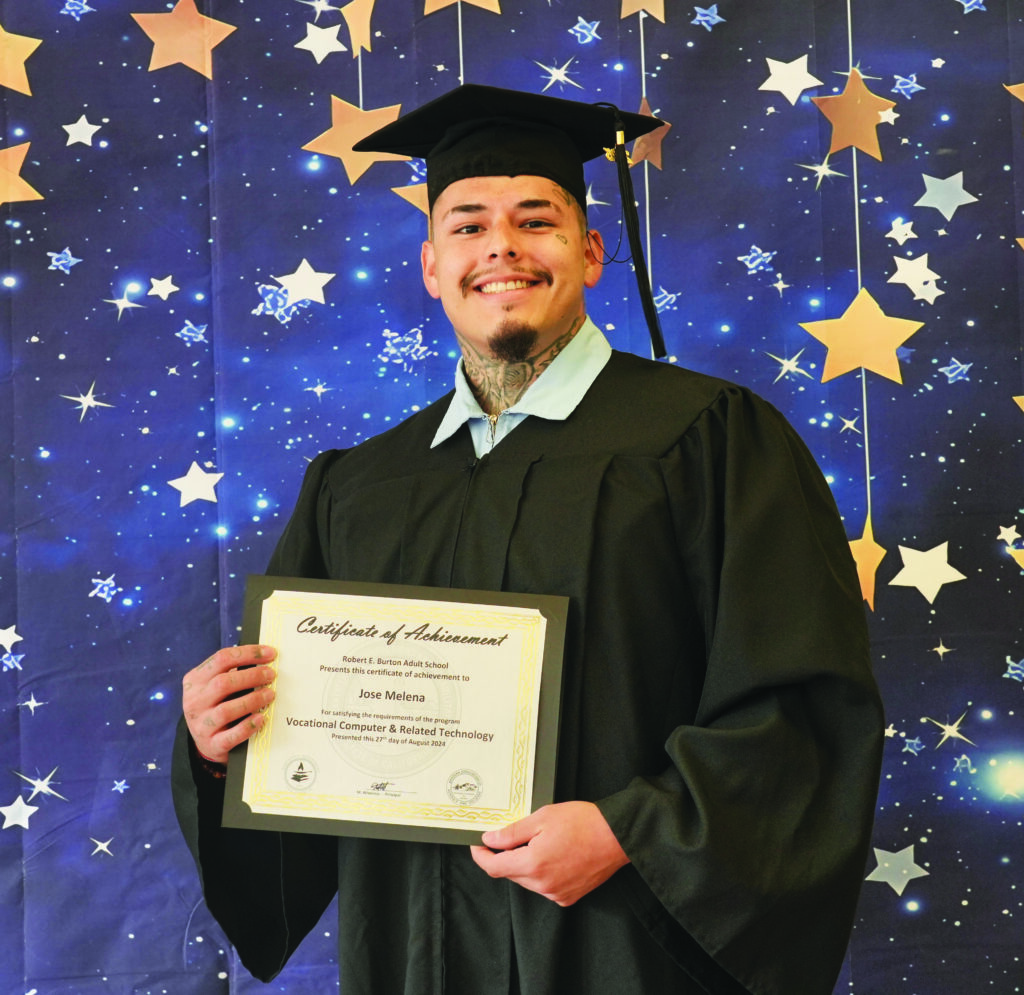
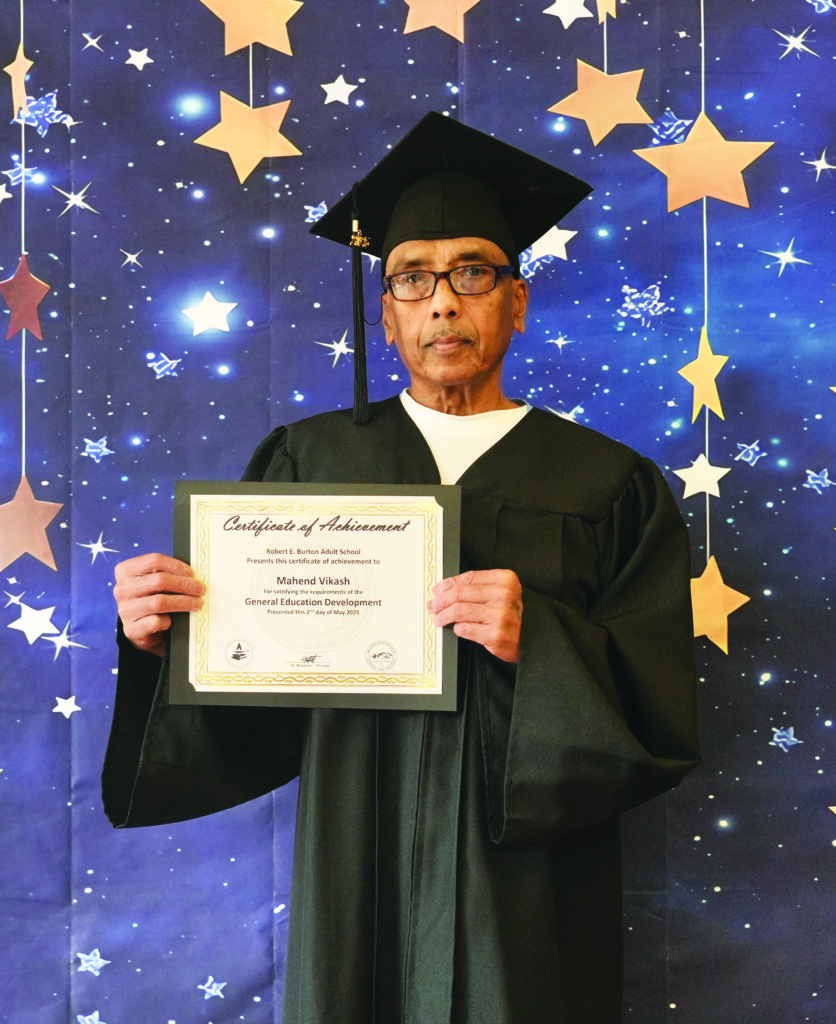
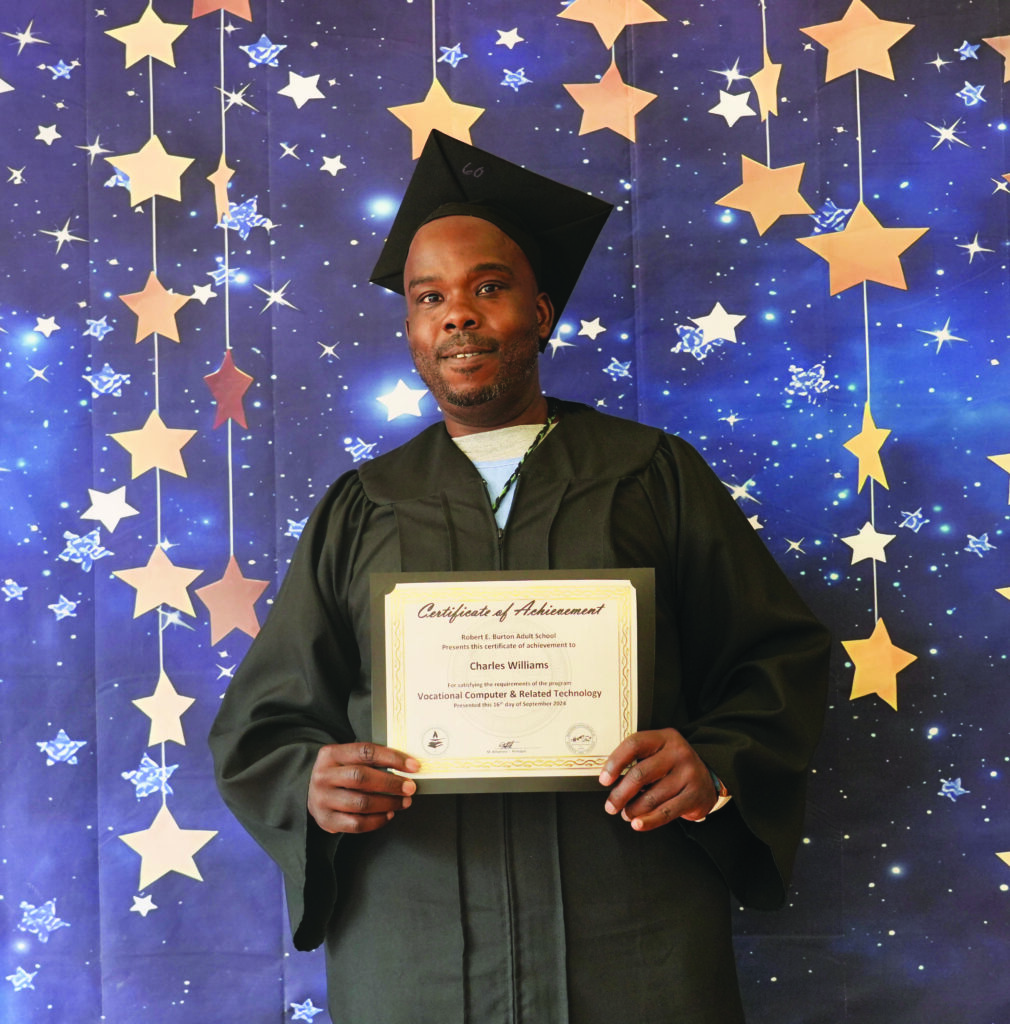
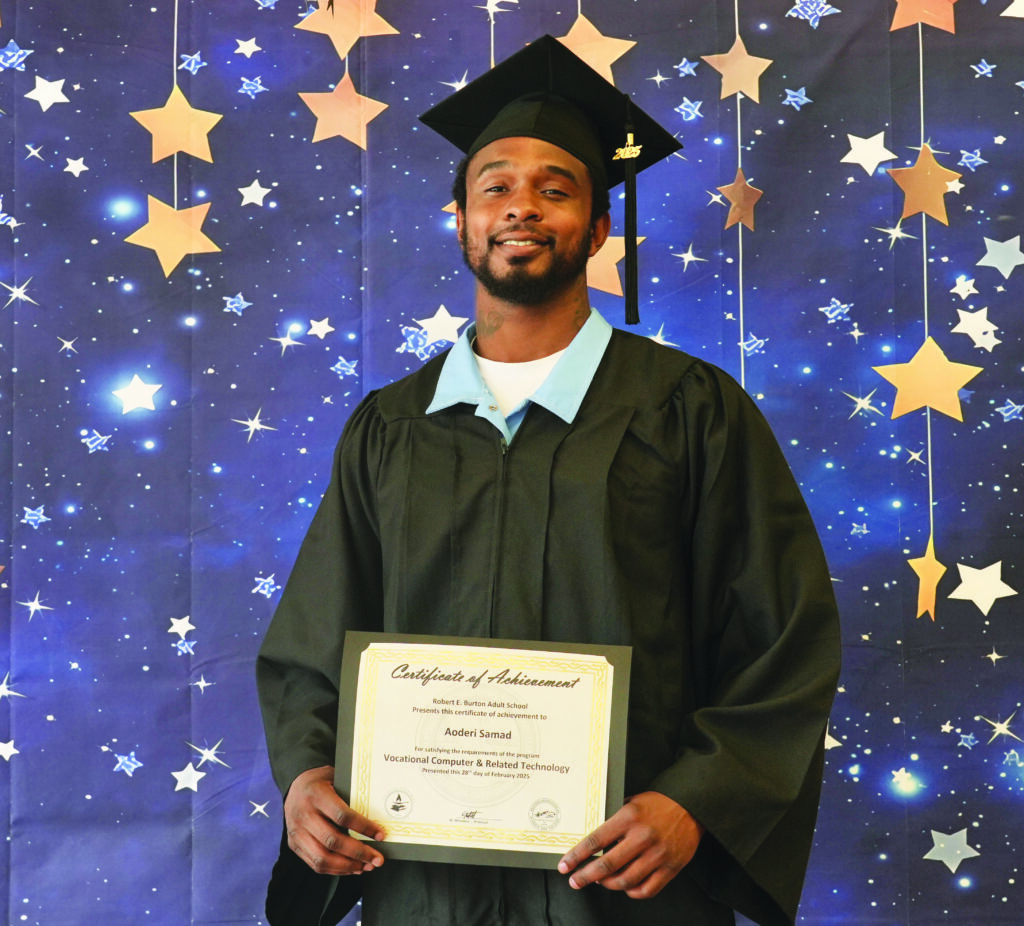
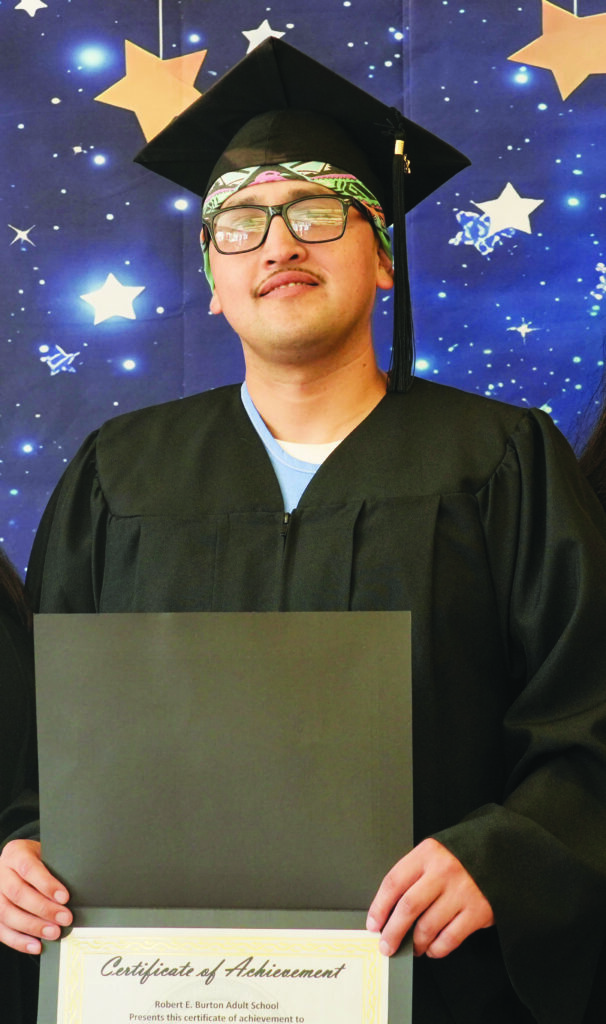
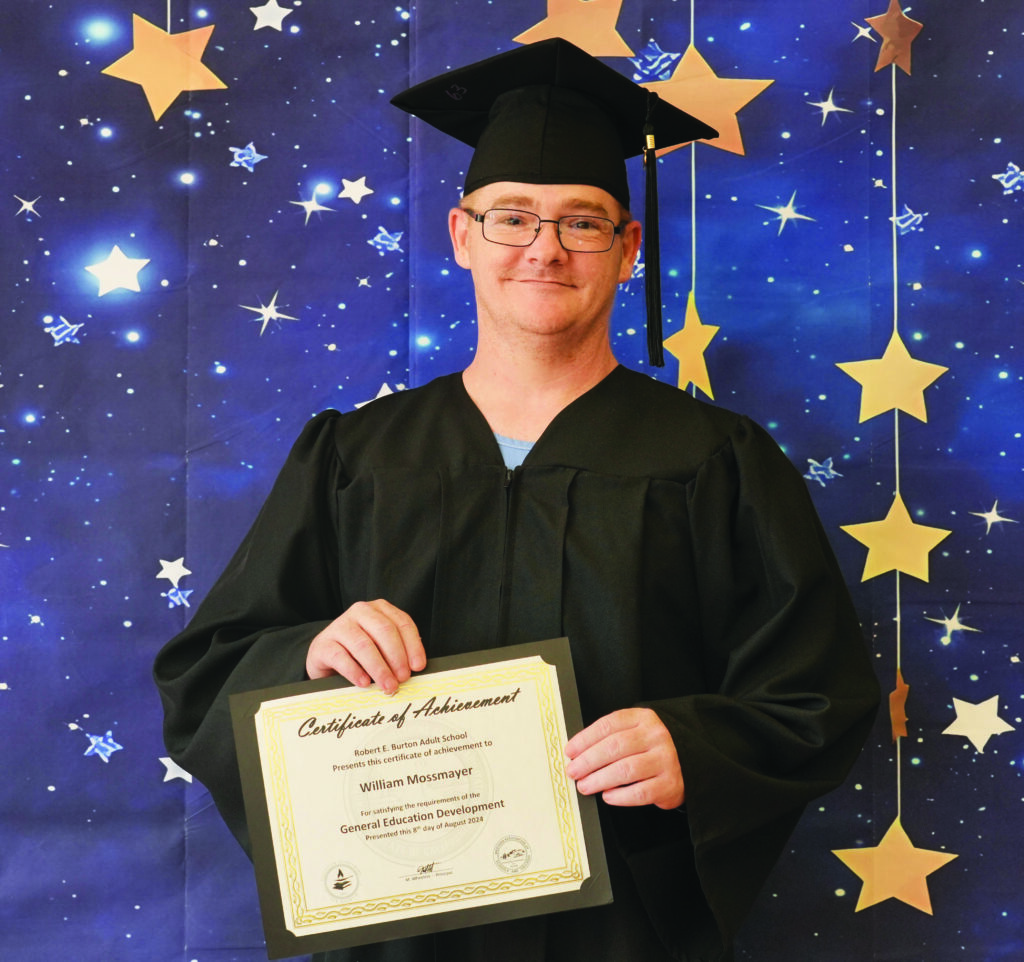
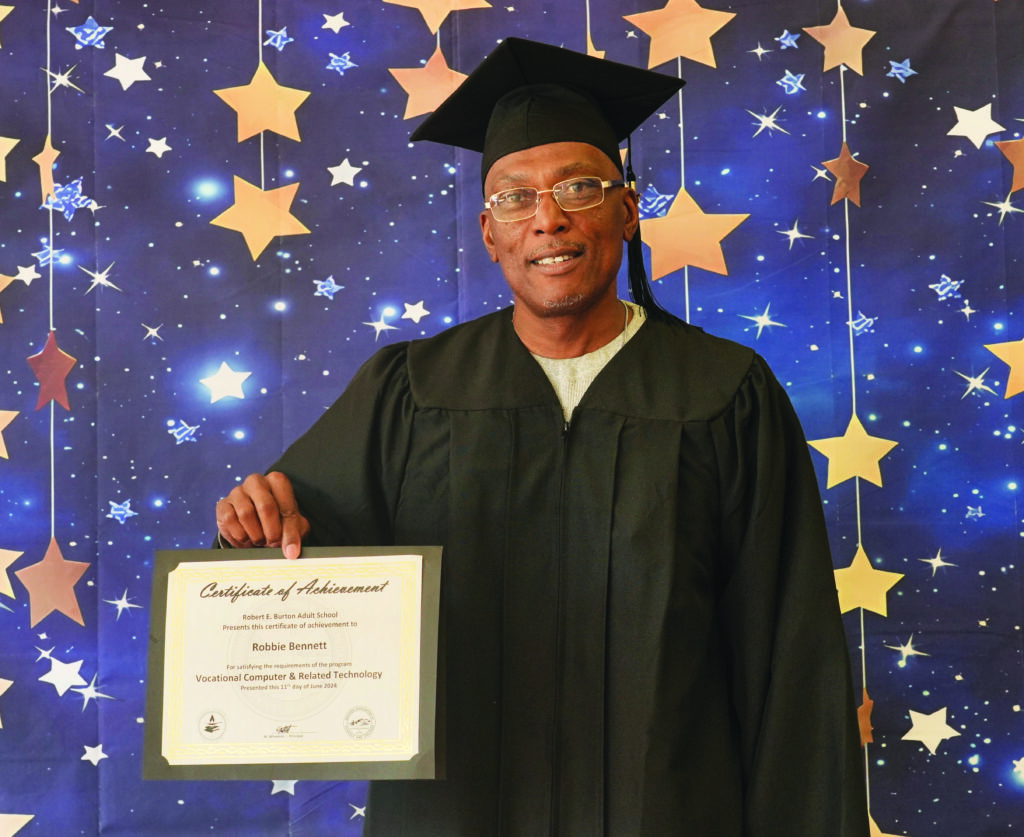
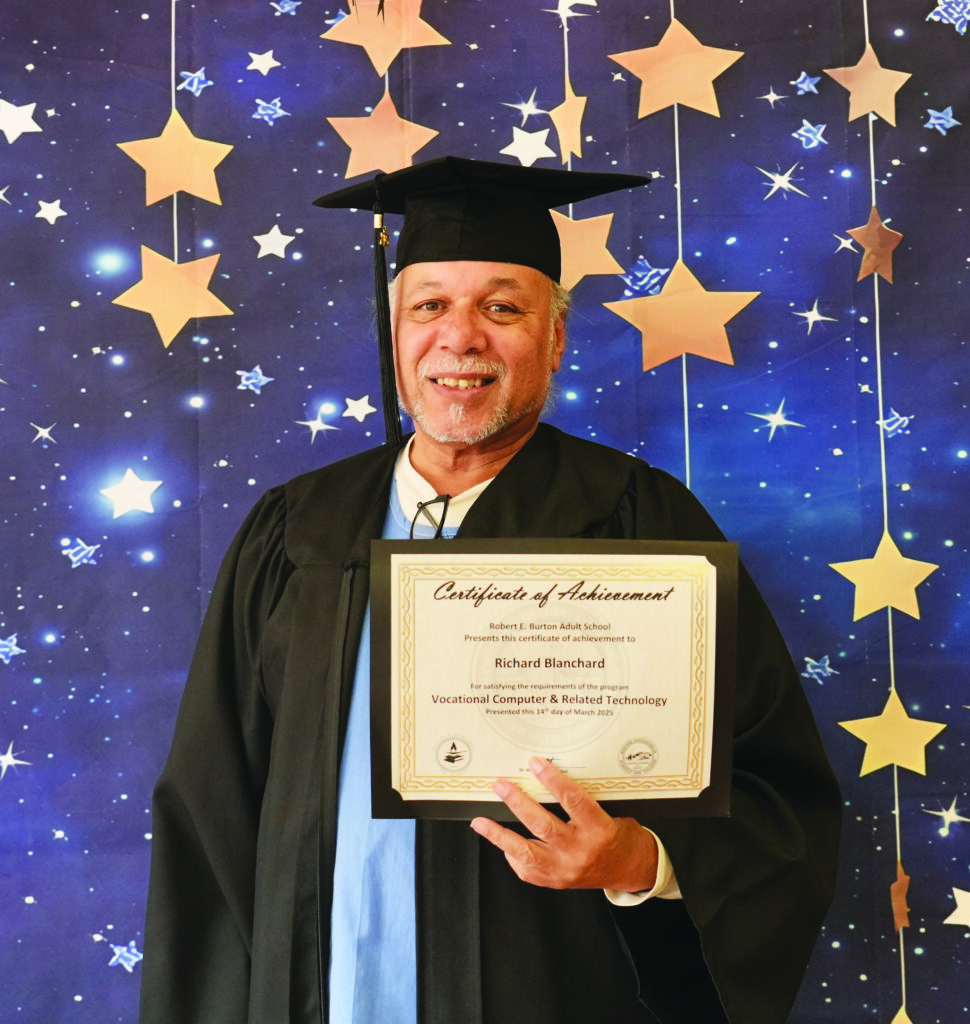
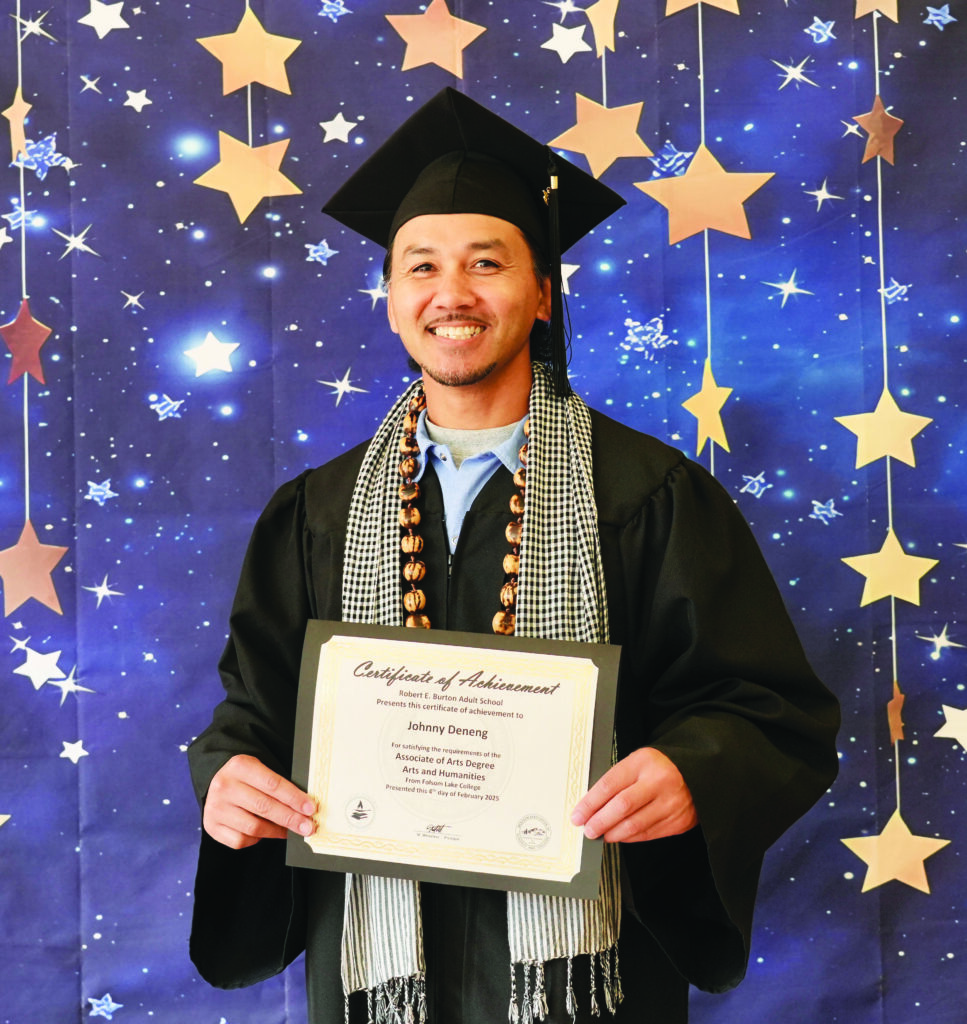
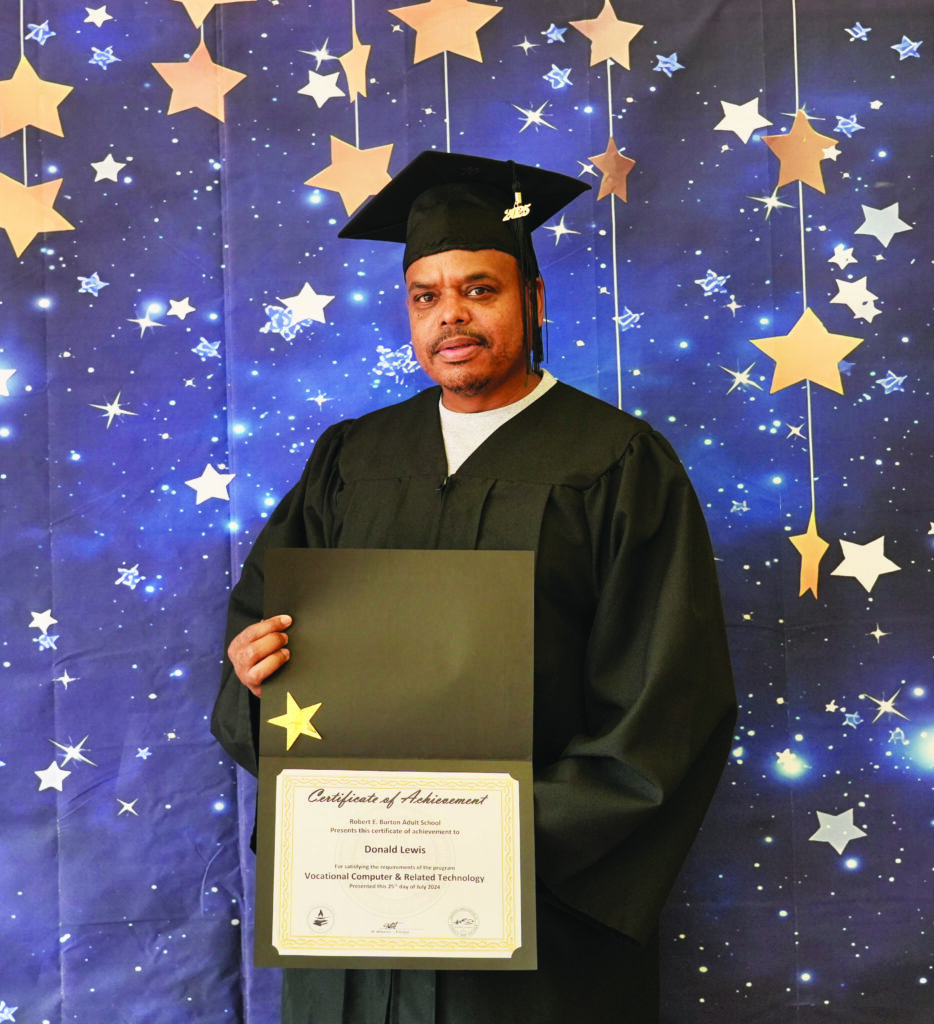
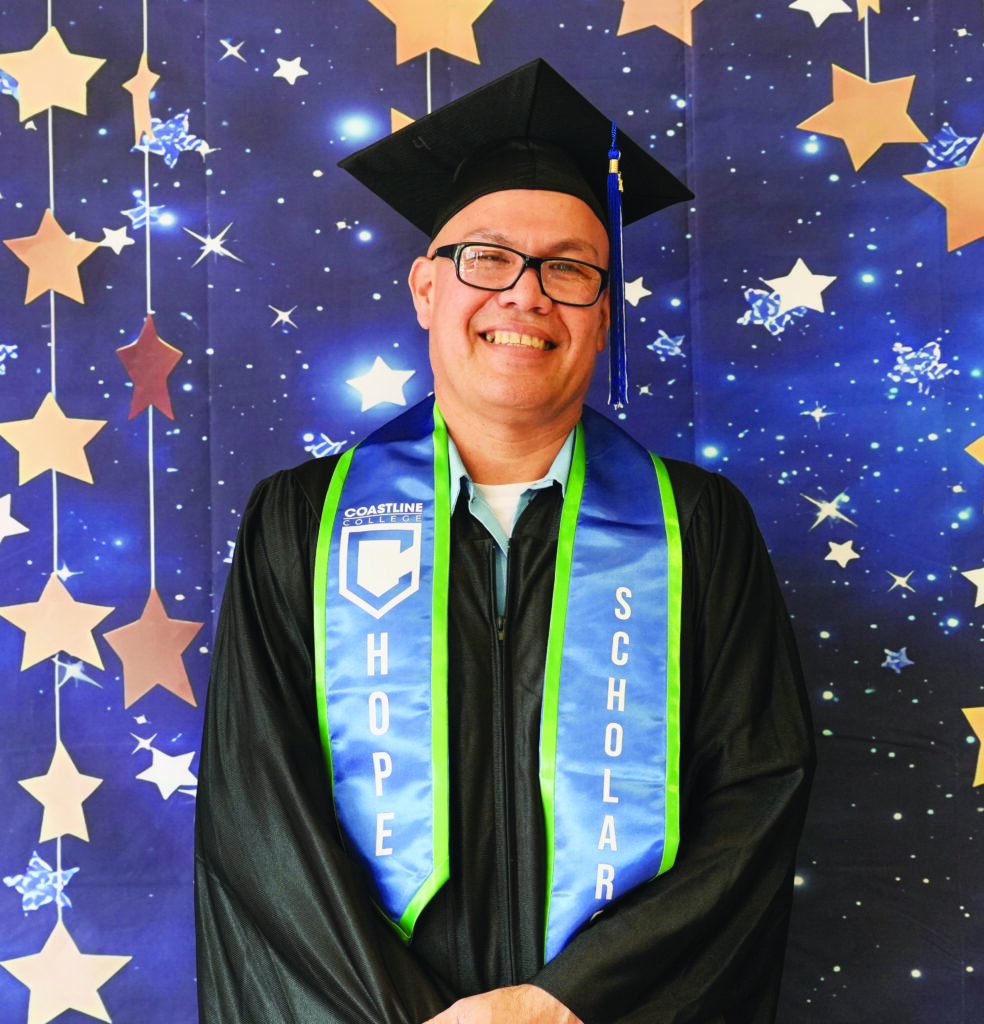
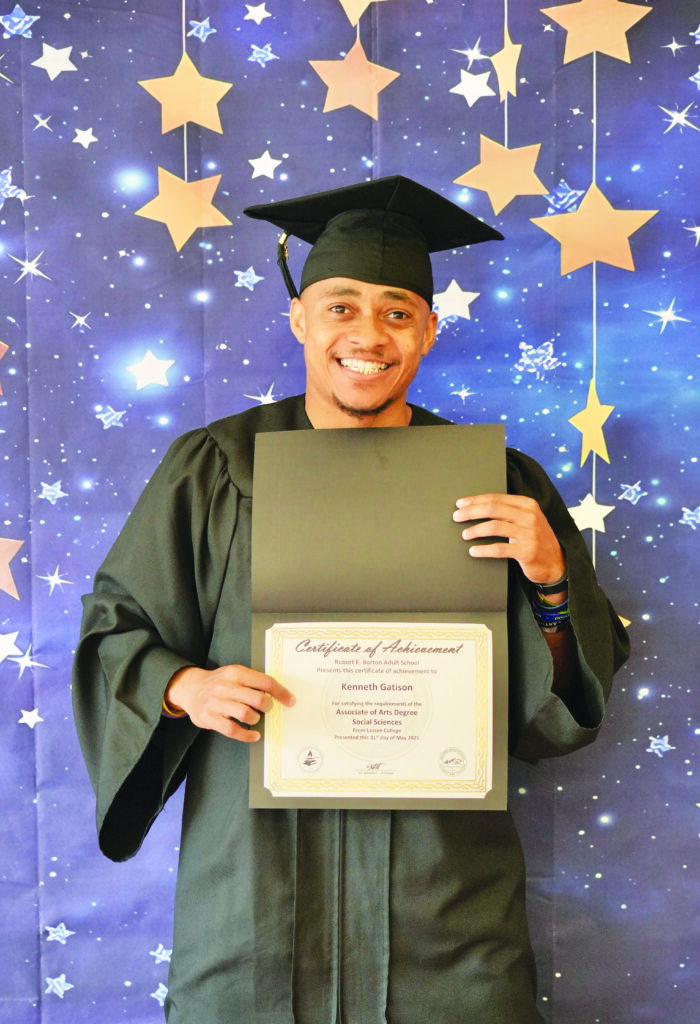
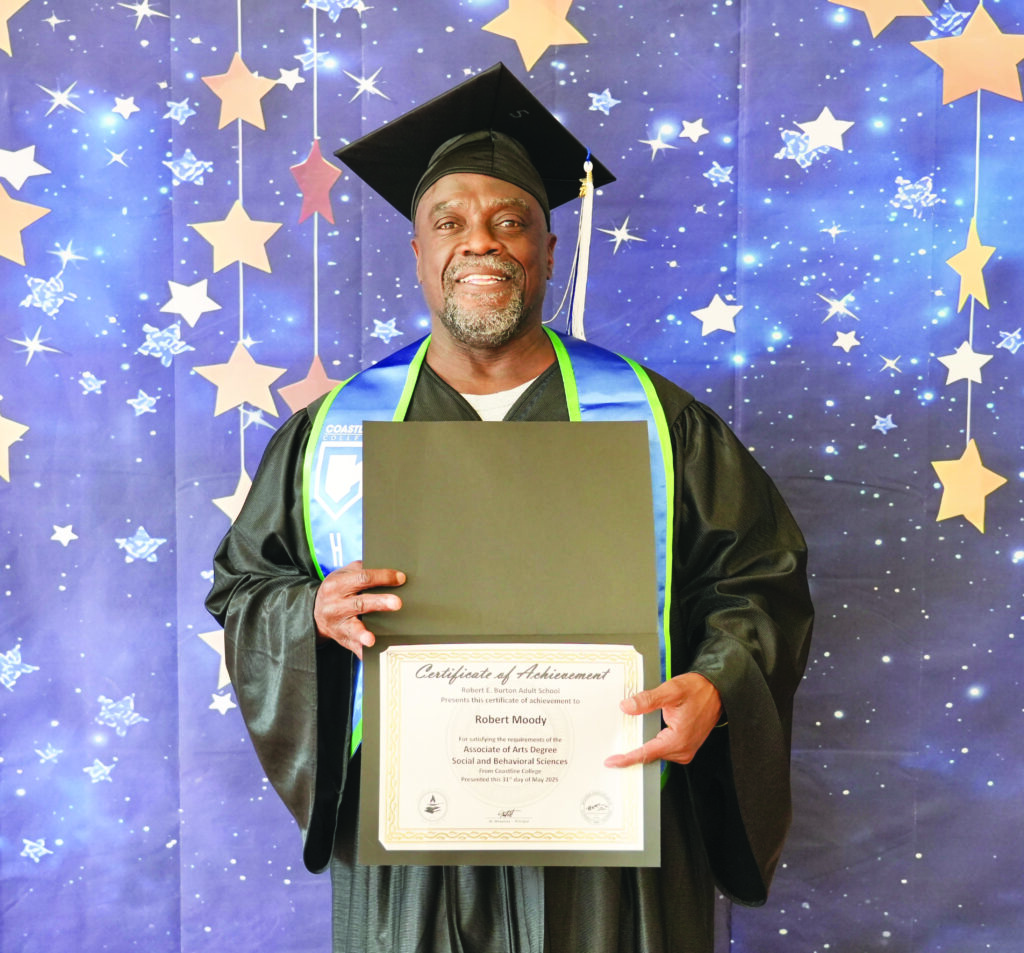
Whether it is high-level training or treating incarcerated persons as individuals rather than criminals, accomplishing something can transform lives and reduce incarceration rates long-term.
According to Wikipedia, California ranks high in prison education policies for providing adult basic education, GED, vocational, and college programs. The risk of recidivating is lower among those who improve their level of schooling while incarcerated, which can improve poverty and unemployment levels. Nationally, incarcerated who complete education programs are more than 40% less likely to reoffend.
“I see students who are breaking away from ghosts of past and recreating themselves for success,” distance learning facilitator G. Young said.
In July, more than 138 San Quentin residents helped themselves overcome barriers to rehabilitation, justice, and reintegration by completing the Computer Related Technology or Vocational Plumbing course, or earning a High School Diploma, GED, or Associate degree. One individual obtained an MBA and an MA in Humanities.
“In this room there is so much passion, respect, love and a sense of power that education brings out of the individuals inside these walls,” guest speaker Dr. M. Luckett said. “This community is a proven barometer for how education is important.”
Hearing-impaired graduate K. Saeliaw signed using American Sign Language to attendees, with an interpreter translating for the hearing, about the difficulties he faced in childhood and school traumas that made him hesitate to continue classes. After 22 years of incarceration he said that CRT was his first vocational course and credited his teacher for not allowing him to quit.
“This course allowed me to become familiar and comfortable with every Microsoft program. It helped me to become independent and educated in computer literacy,” Saeliaw said.
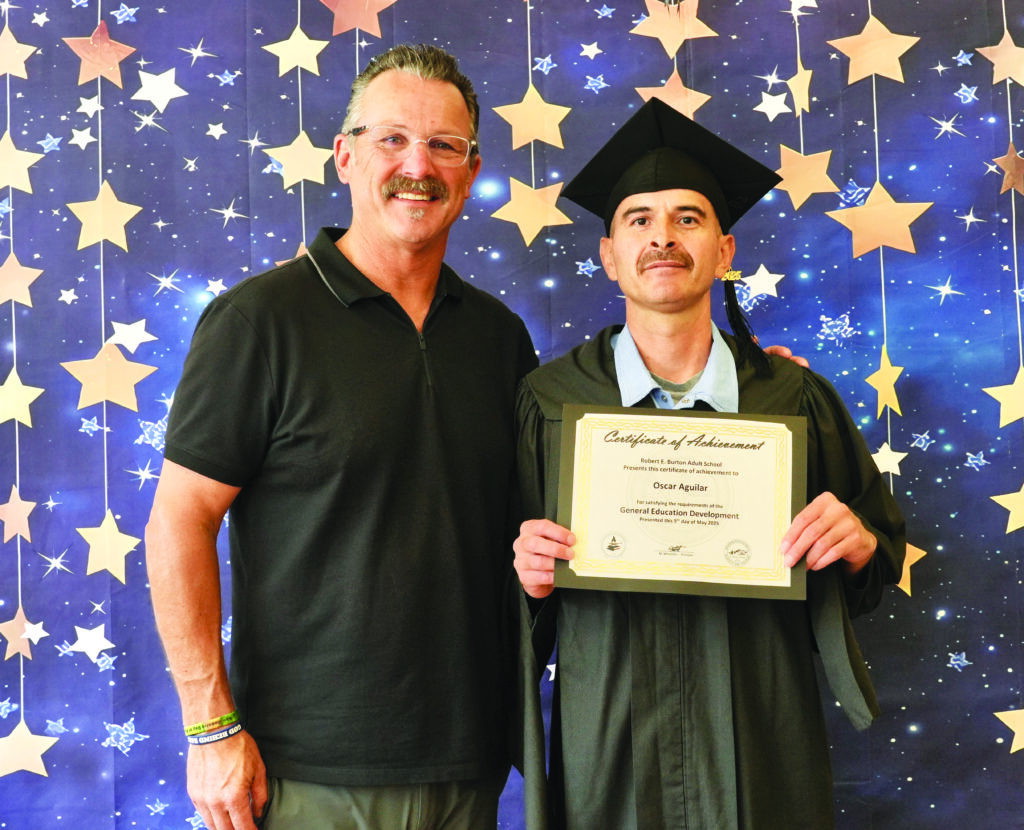
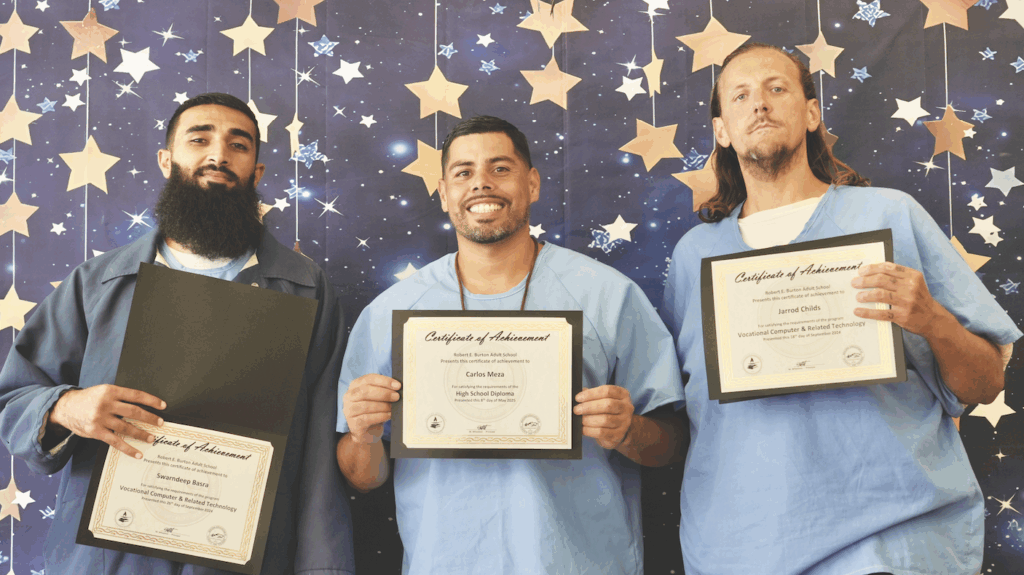
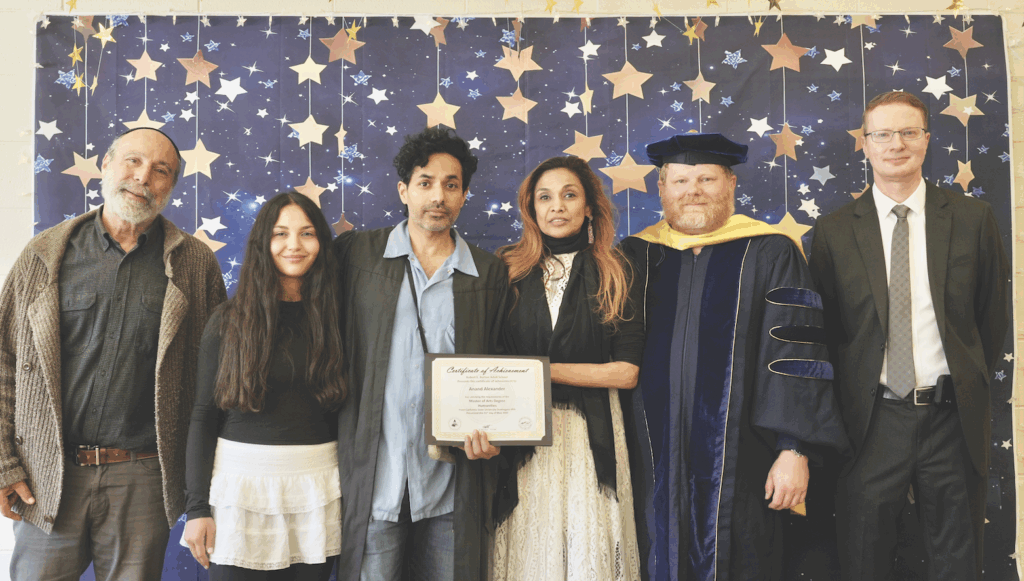
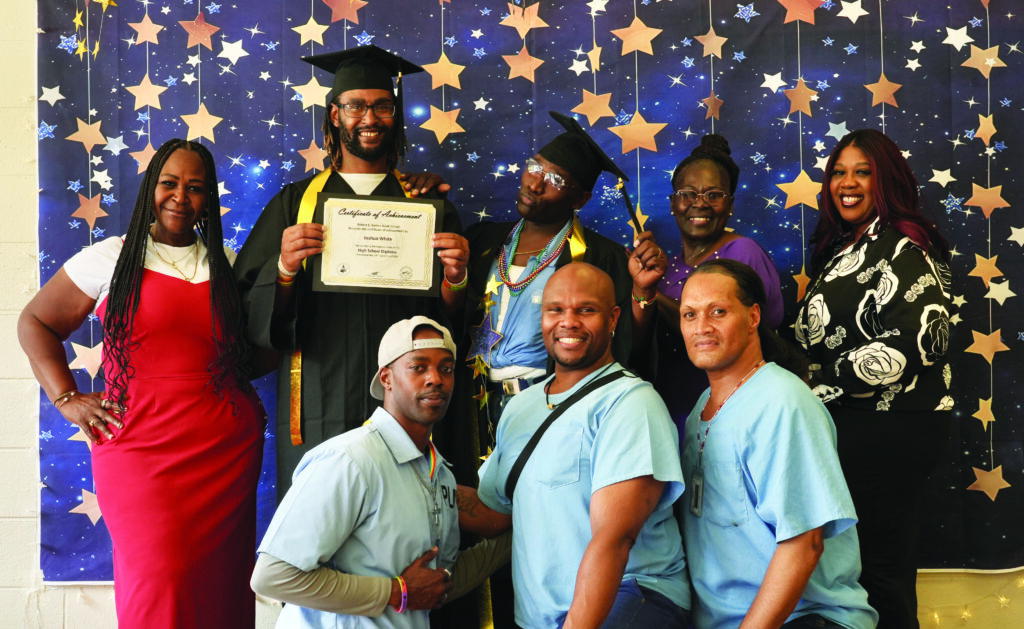
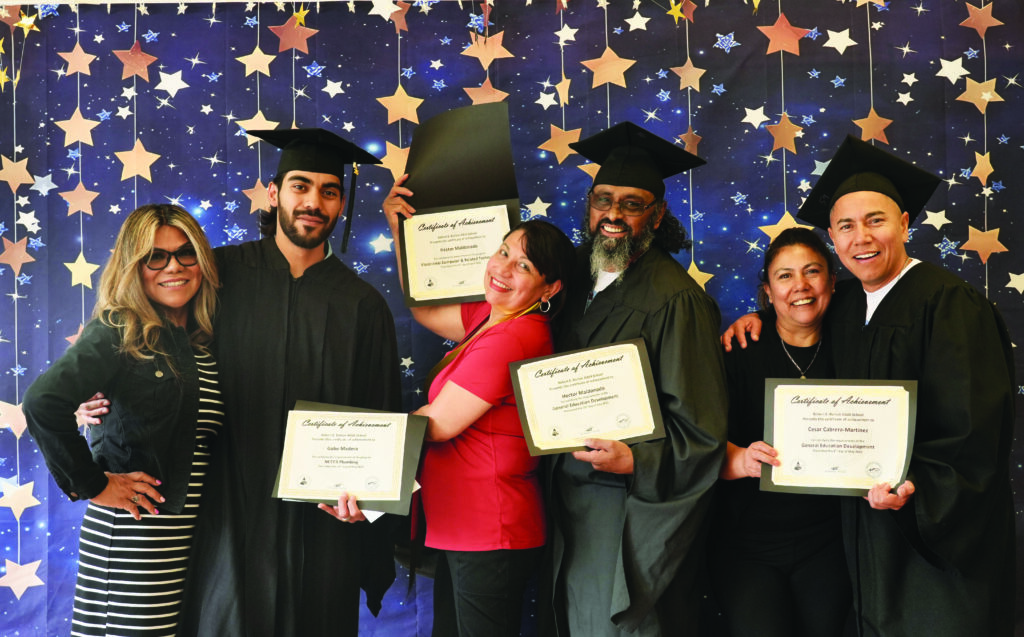
Former condemned resident Tien Vo completed the CRT course. He has been incarcerated more than 30 years and was transferred to the general population last year. He said he last worked with Microsoft in 2004 as the East Block, formerly Death Row, clerk.
“I have a sense of pride for the accomplishment and am grateful for the moment. I enjoyed working with others and being part of the community,” Vo said. He said that he appreciated how the instructors wanted to make a difference for the participants.
More than 70% of formerly incarcerated people struggle to find work upon reentry into society but learning a trade like plumbing is a start in the right direction. However, even in states with laws that prohibit questions about criminal backgrounds there are still licensing boards that repudiate felons. But residents in San Quentin said they maintain hope.
“Prior to coming to prison I had no work experience. Now I know something. I have a trade and I might succeed,” resident Gabe Madera said.
Several graduates said if there were more vocational opportunities in San Quentin they would sign up. The plumbing course offered instruction on how to install a dishwasher, a water heater, thread a pipe, and perform other service and repair work.
Resident Juan Flores said he was a plumbing contractor prior to coming to prison but he said the course was guided toward new construction techniques that were unfamiliar to him. “The instructor provided an environment conducive to learning. It was a good experience,” Flores said.
GED graduate Malickye Davis said he moved around a lot as a child and felt defeated when a teacher told him he would never amount to anything. He said his initial reason for signing up to complete his GED was to get time off his sentence, but gave credit to his instructor Ms. Lucas for seeing something in him that he said he had not seen in himself.
“I started to like class, school, and learning. This accomplishment gave me and my son a way to bond, going through class at the same time,” Davis said.
Dr. Worthington, vice principal of the education department, said, “When I shake their hands and see the expressions on their faces, it brings up a myriad of emotions that emote all their hard work and I see an honest sense of achievement.”
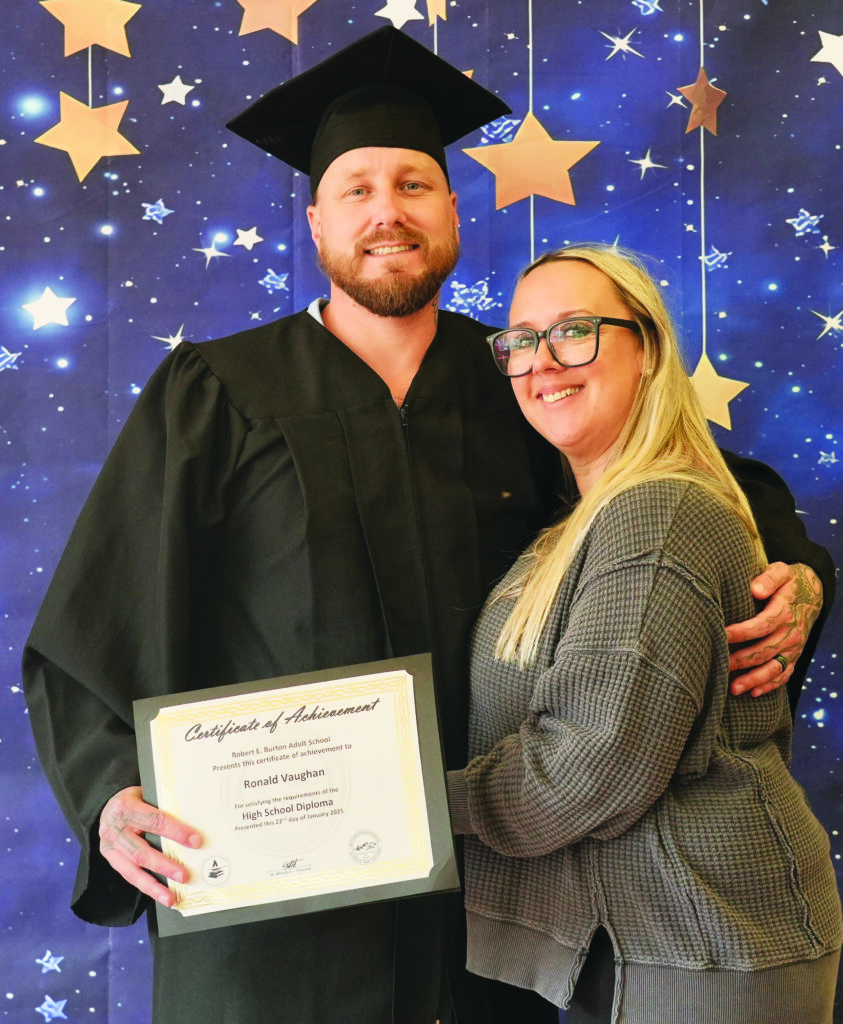
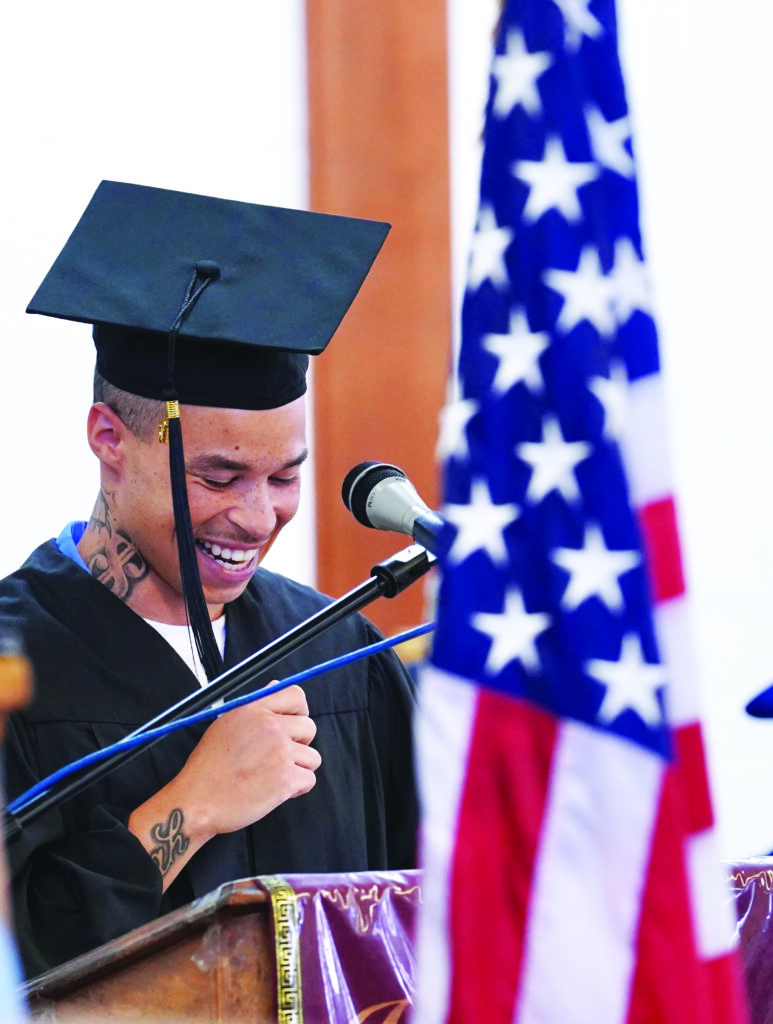
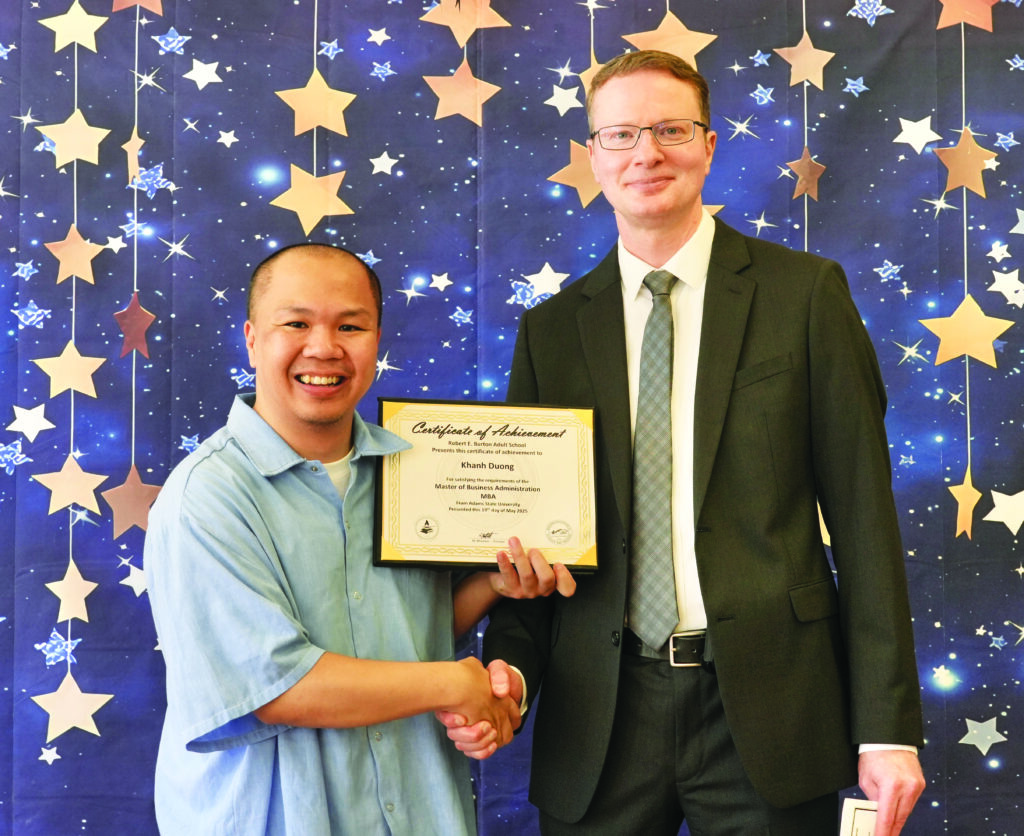
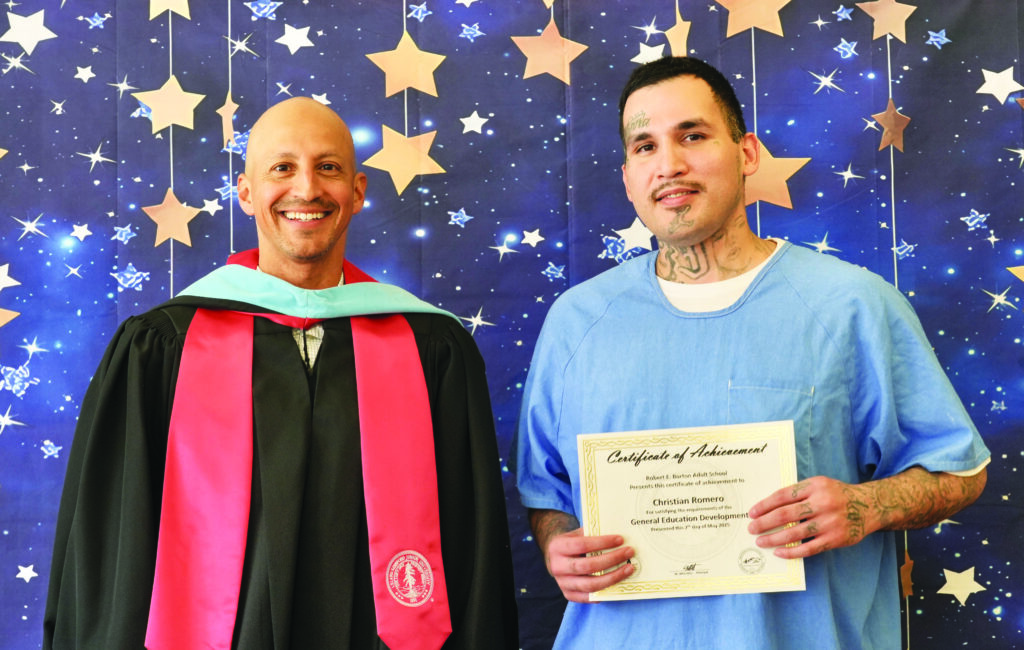
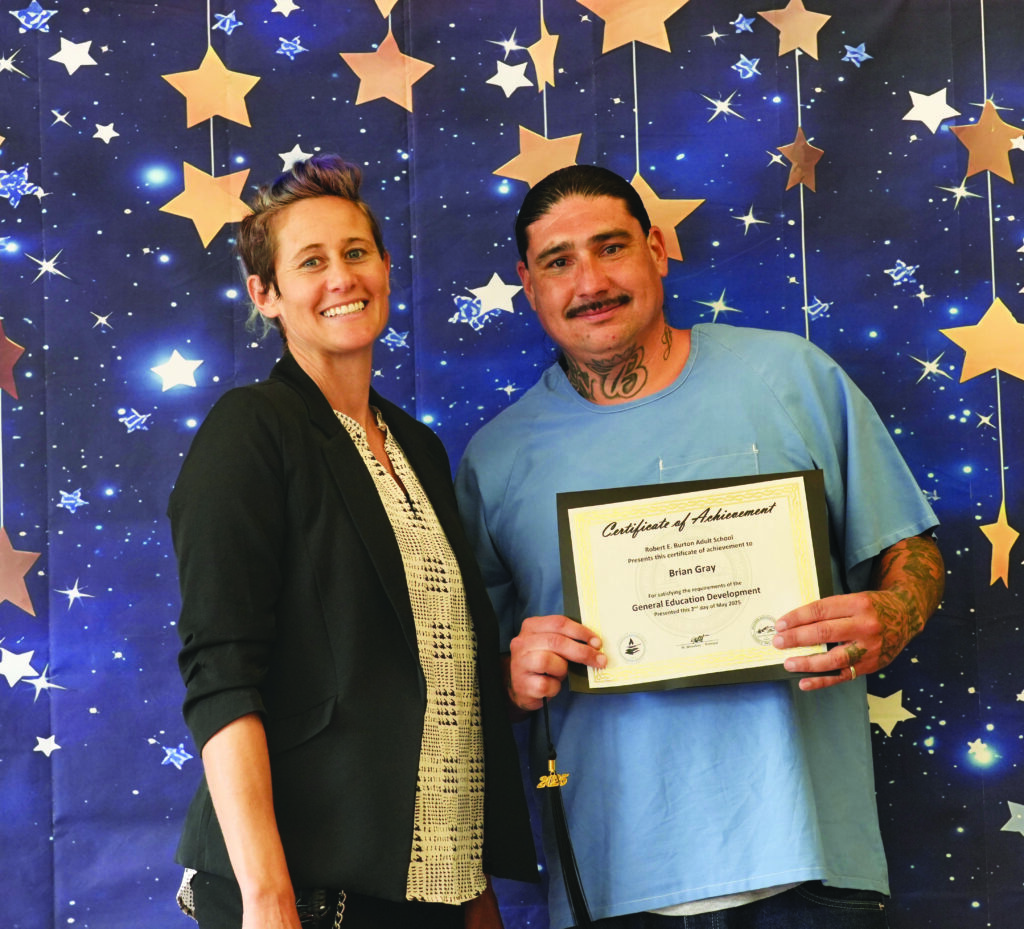
After 18 years of incarceration and opportunities afforded through the California State University system, Project Rebound, and CDCR, resident Anand Alexander earned his Master of Humanities from CSU Dominguez Hills with a specialty in Artificial Intelligence. He said he will pursue his doctorate upon release.
“Higher education is the real deal. It is exciting that the education bar is being lifted,” Alexander said. “I have read that a higher education is correlative to a lower recidivism rate.”
For Alexander’s CAPSTONE for his Masters, he created “Heal Me Too,” a consent modulation application for online daters. He said the willingness and vulnerability of offenders allowed him to create a support system and training so that as people date, every stage is managed by an AI watcher.
“This has been an amazing opportunity to use the history of offenders’ punishment to create a project for a future of solutions,” Alexander said.
Alexander said that at this level of education there is an extensive amount of reading on how people have changed the world from worse positions than an incarcerated individual’s. He said that he believes it is impossible not to have empathy and identify with those who have been through incredible struggles.
